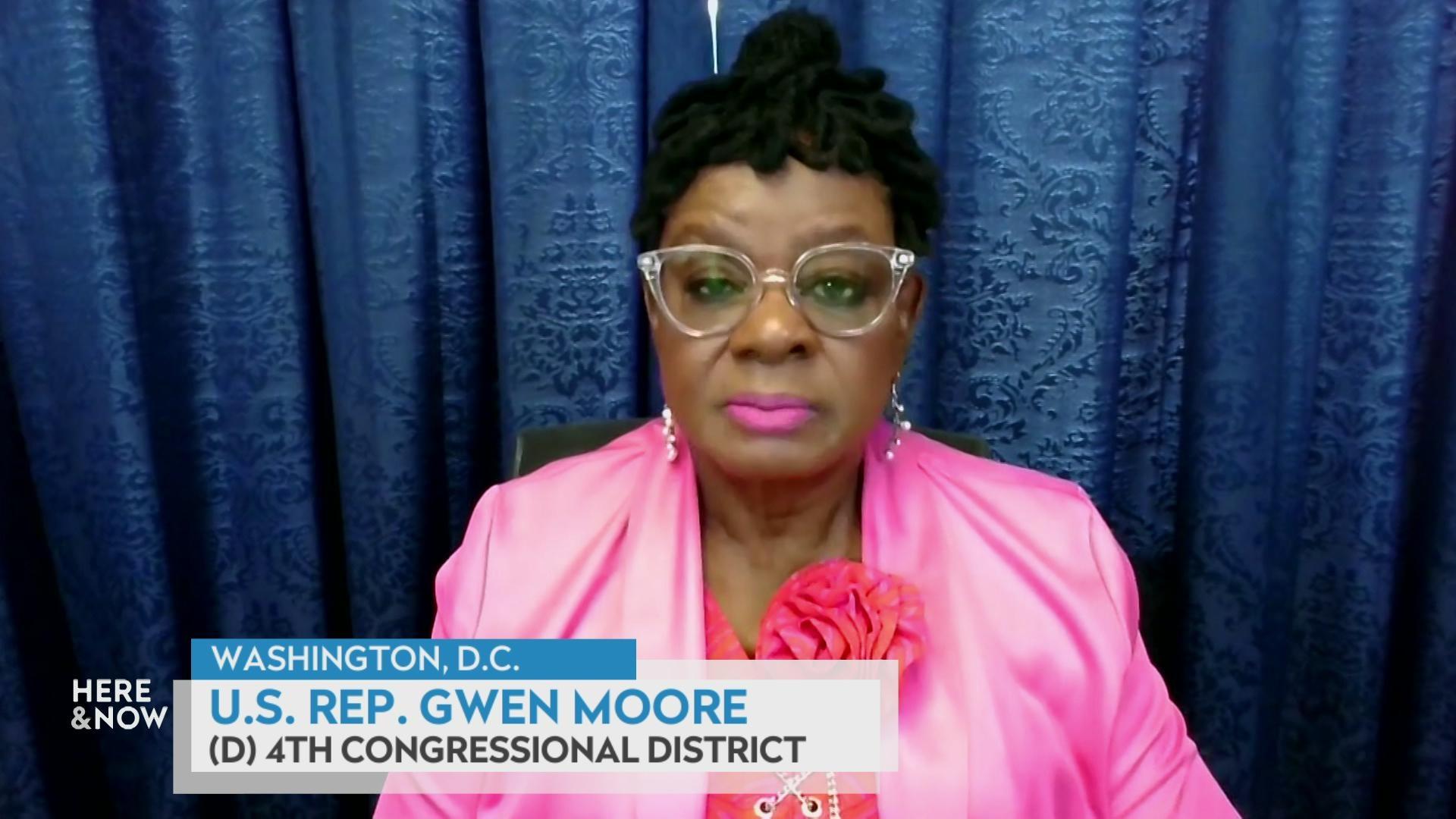Evers, Legislators Call for Bipartisanship as Court Battle Continues
Gov. Tony Evers said he and legislative Republicans are not far apart on coronavirus policy, as he defends his ability to issue a stay-at-home order in a Republican-brought suit before the state Supreme Court.
April 29, 2020

Wisconsin Capitol dome.
Gov. Tony Evers stressed the need for bipartisan action to combat the COVID-19 outbreak, ahead of a Thursday meeting between members of the administration and the state’s main business lobby.
“I know what’s possible here in Wisconsin, but it takes cooperation and a willingness to work together,” Evers said.
Wisconsin Manufacturers & Commerce will present their plan to reopen businesses in the state before an Assembly committee Thursday with Wisconsin Economic Development Corporation CEO Missy Hughes also providing testimony.
“Our goal is to begin bipartisan discussions on a safe and gradual reopening plan for Wisconsin,” Assembly Speaker Robin Vos, R-Rochester, said ahead of the informational hearing.
“I don’t think we’re that far apart,” Evers said during a Wednesday briefing. “I mean, all of us want this state to be safe. All of us want the business community to open as soon and as safely as they can. So I don’t think the broad parameters are of significant difference.”
Evers said his administration was still taking cues from the state’s response to the coronavirus on when to begin to reopen the state.
“There is nothing I would love more than to provide some certainty on when we can open up more of our economy. Well, we can’t control this virus,” he said. “Believe me, I understand that is a frustrating answer. Small businesses can’t operate on hypotheticals.”
Administration’s Authority Challenged in Court
The work toward a policy on reopening the state takes place amid the backdrop of a legal challenge to the governor’s “Safer at Home” order. Republicans charge the governor should involve the state Legislature in the process of making administrative rules, rather than acting unilaterally.
Lawyers for the governor’s health secretary responded to the suit Tuesday, writing that the administration’s policy is not outside the norm.
“Every state vests these powers in an executive agency with the flexibility and expertise to find a way through in the moment,” they wrote in their brief.
The governor’s chief legal counsel Ryan Nilsestuen said Wednesday that because administrative law is incredibly inflexible, the rulemaking process could take a matter of weeks. He said this timeline was inconsistent with the needs of a public health emergency.
“I think what you’d see is a 72-county approach,” he said, discussing the possibility of the court ruling against the administration. “If one county decides to do nothing and the number of cases spikes, that impacts neighboring counties, and that’s why ‘Safer at Home’ has been effective in terms of bending the curve.”
Evers responded to the suit during his briefing, saying the legal battle “benefits no one.”
“I don’t think running to the Supreme Court is necessarily the best way to resolve these problems,” he said. “Well, [if] that’s where we’re at, then I believe we can win this case.”
Dial Starts to Turn
Wednesday marked the governor’s first briefing since announcing the reopening of many state parks. He said the decision to close them earlier this month was “a tough one for me personally.”
“We still need everyone to do their part, like practicing social distancing and staying close to home and their community,” Evers said. He said Wisconsinites should try and stay within the same community in which they shop for groceries or their children attend school.
DHS Investigates Specific Outbreaks
Department of Health Services Secretary-designee Andrea Palm said Wednesday that DHS will begin posting data on facility-related outbreaks in Wisconsin.
“Every positive test of COVID-19 begins a case investigation with contact tracing,” Palm said. “However, positive tests can also trigger a facility wide investigation depending on the location of those positive tests.”
She said individual cases in long-term care facilities such as nursing homes would trigger the need for facility-wide investigations. She said there are 187 current facility-based investigations, including 93 in long-term care facilities.
 Passport
Passport











Follow Us